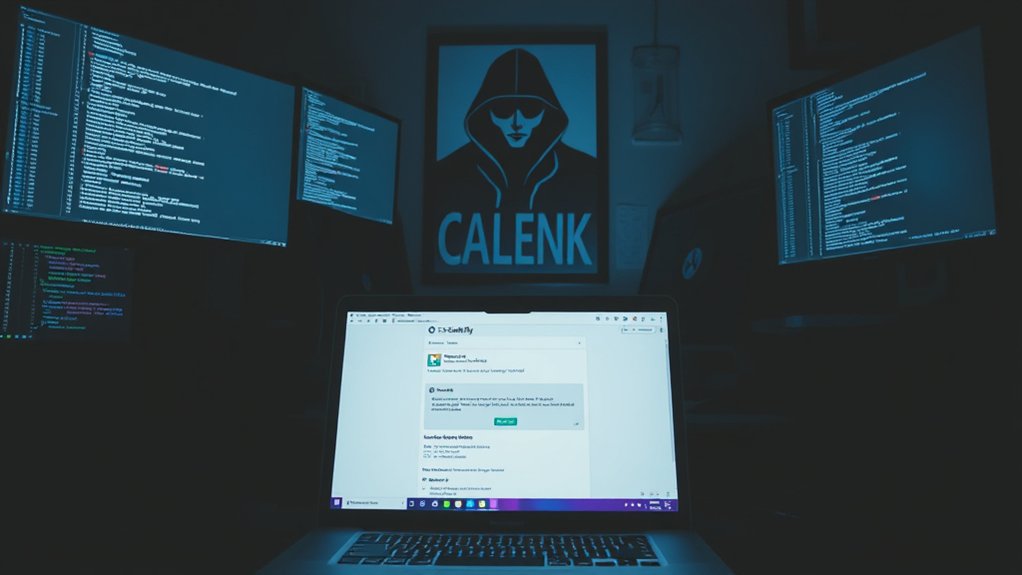As cyber threats continue to evolve, North Korean hackers, particularly the advanced persistent threat group TA444, have developed increasingly sophisticated tactics to exploit widely used applications such as Calendly and Google Meet. This state-sponsored group has been active in cyber-espionage and cryptocurrency theft since at least 2017, employing multi-stage cyber intrusion campaigns that particularly target cryptocurrency firms.
Conspicuously, TA444 utilizes advanced methods such as deepfake videos and social engineering, which have considerably escalated the complexity of their attacks.
TA444’s use of deepfake technology and social engineering significantly enhances the sophistication of their cyberattack strategies.
The group utilizes Calendly’s “Add Custom Link” feature to embed malicious links in event invitations, smoothly integrating them into users’ workflows and lowering suspicion. Victims receive what appear to be legitimate meeting invites; nonetheless, when they click on these links, they are redirected to weaponized domains controlled by the hackers. This marks the initial phase of infection, often a phishing lure disguised as a normal scheduling activity.
In conjunction with Calendly, TA444 uses Google Meet and Zoom domain spoofing to deepen their deception. Fake meeting invitations redirect victims to fraudulent domains mimicking legitimate services. These domains allow the attackers to deliver malicious payloads under the guise of necessary tools. Malicious extensions, often disguised as troubleshooting aids, may lead to considerable compromises in system security.
Deepfake technology improves the effectiveness of these elaborate operations. The group has been known to prepare deepfake videos impersonating senior executives, further encouraging victims to trust the staged meetings and download harmful files. By employing real-time social engineering tactics over Zoom-like calls, TA444 establishes a façade of legitimacy, thereby increasing the likelihood of a successful compromise. Furthermore, the campaign showcases how malicious downloads can be effectively disguised as essential updates to enhance the attack’s success.
The ramifications for targeted cryptocurrency firms can be severe, as the group’s malware is primarily tailored for macOS systems, allowing persistent access and remote control which targets specific vulnerabilities. These efforts ultimately aim for credential theft and the pilfering of cryptocurrency funds, utilizing multi-week campaigns that exert continuous social pressure on victims.
Each aspect of TA444’s approach represents a calculated evolution in cyber-adversarial strategies.









